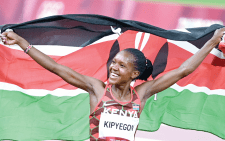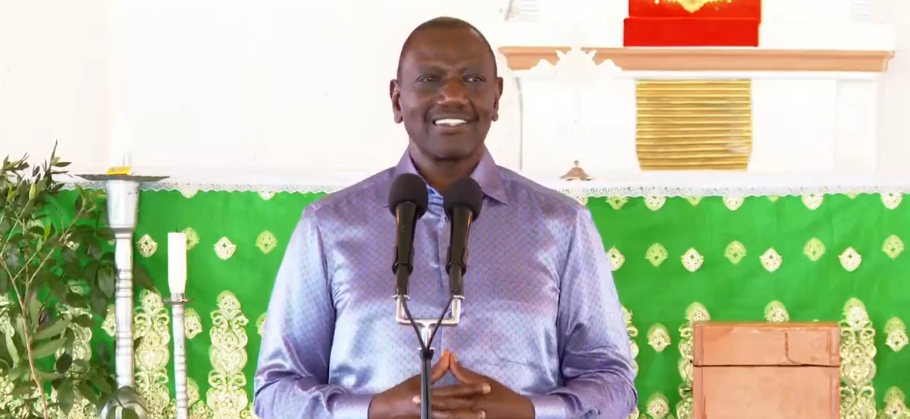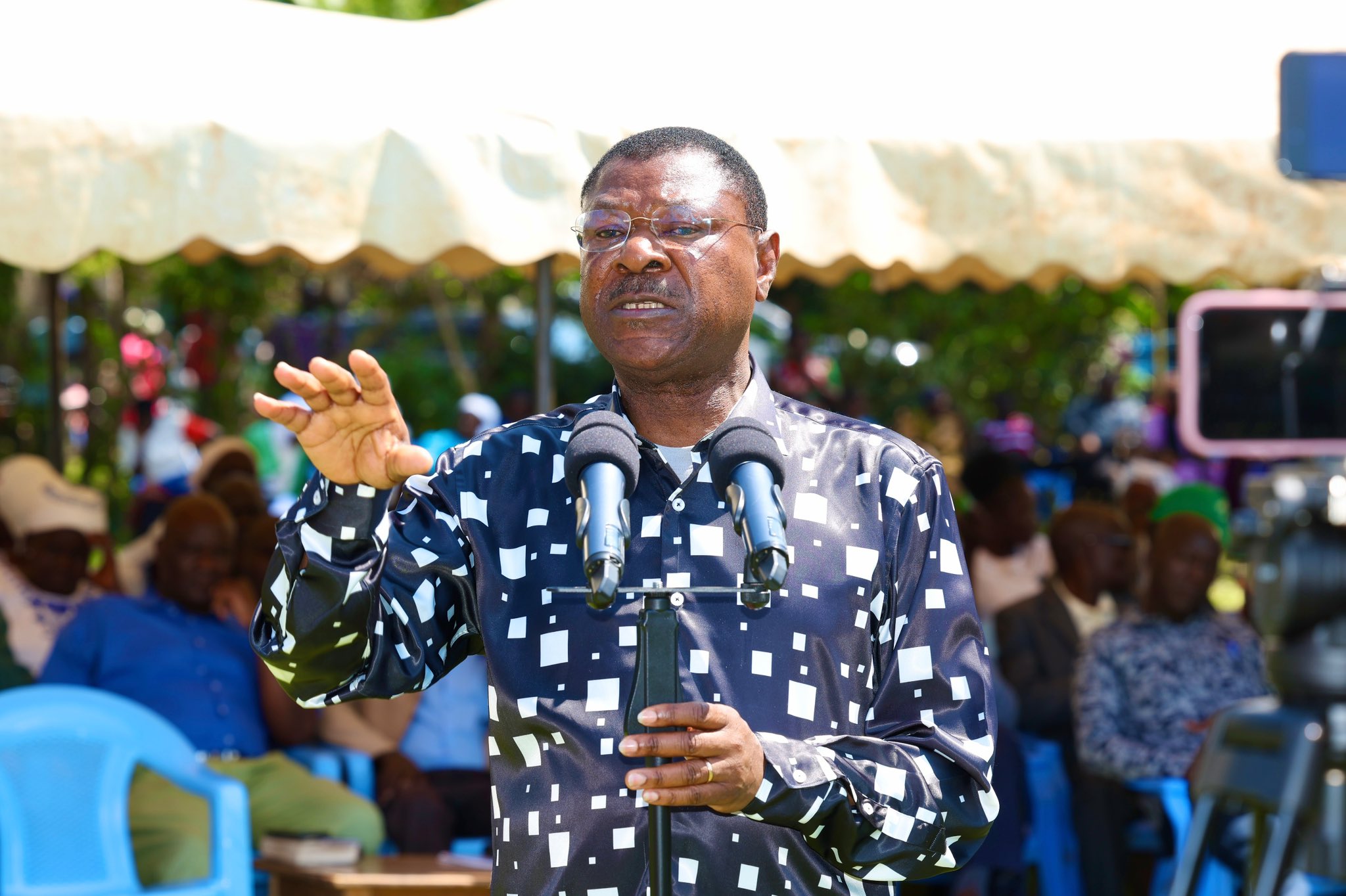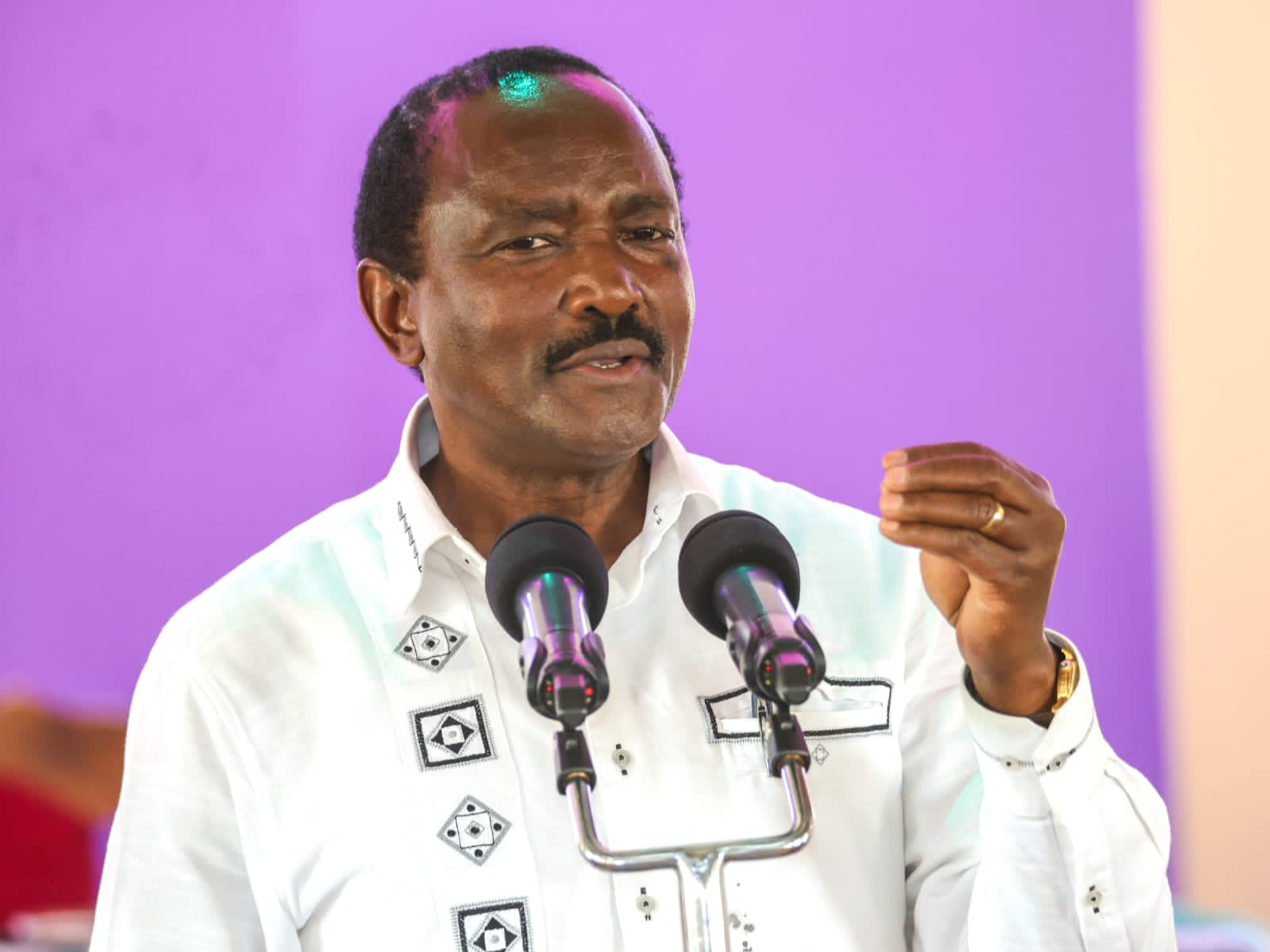OPED: Global health through multilateralism – the only answer to COVID-19
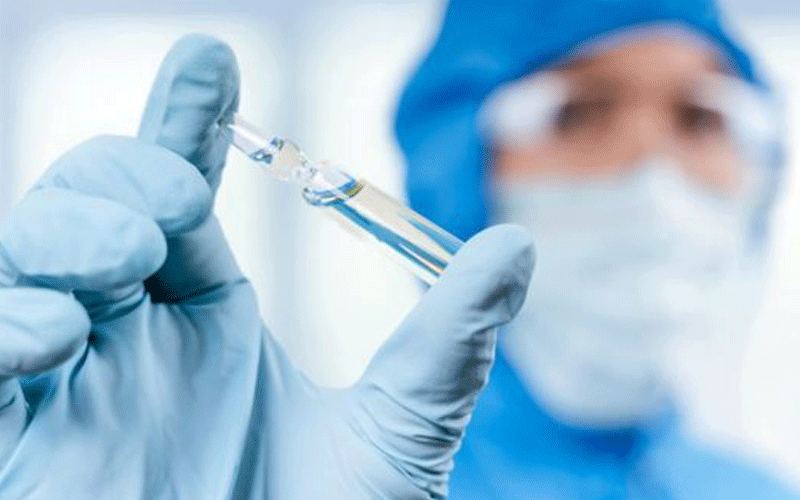
Anne takes a teaspoon to give her daughter, Mary, the 2-in-1 HIV tablets, silently grateful that her young daughter won’t reject it because of what used to be a bitter taste.
This has become a routine for her at the Lea Toto Kariobangi site in Nairobi, one of the eight life-saving centres operated by the Nyumbani Laboratory that aims to provide 3600 HIV+ young children with the revolutionary antiretroviral treatments.
The Drugs for Neglected Diseases Initiative (DNDI), a not for profit organisation, with its African bureau in Nairobi, allied with CIPLA Laboratory and supported by worldwide actors, including the global health initiative UNITAID, the EU, the French Agency for Development (AFD) and the German ministries of Health and Education and Research worked for years to achieve this result.
This is an illustration of what global health partnerships can achieve for the most vulnerable in society.
Health is not a commercial good. It is a right for each individual, regardless of whom they are and where they live.
In the past twenty years a set of multilateral organizations like the Global Fund against AIDS, tuberculosis and malaria (GFATM), the GAVI alliance for vaccine, and UNITAID, have emerged to address health challenges.
Thanks to the work they have done more than 40 million lives have been saved. The number of people dying from AIDS, TB and malaria has been reduced by one-third.
More than 760 million children have been immunized. Never have health challenges been more global than they are today. Never has the need for multilateralism been greater.
A few months ago, the GFATM held a successful replenishment conference in Lyon, France, collecting KSh 1.48 billion (USD 14 billion) of pledges for its 2020-2022 triennium.
This allowed to increase the allocation given to beneficiary countries. As such, Kenya, which itself committed USD 6 million, was allocated USD 415 million.
The June 2020 replenishment conference of GAVI has also been a great success.
Now a USD 10.6 billion budget is available to implement GAVI’s 2021-2025 work plan, which aims to save 8 million lives.
With this global effort, GAVI is an essential pillar of the global health system.
Together, the European Commission, Germany and France proudly contributed to 22.4 % of the Global Fund replenishment and to 16.8 % of the GAVI replenishment.
COVID-19 emerged six months ago and is now a major public health threat for all countries, with more than 12 million cases and 550,000 deaths worldwide.
Beyond the immediate impact of the virus on health, the epidemic is also having knock-on effects on other health-related challenges and activities and already has had tremendous economic consequences.
Because of the reduced access to health facilities that the pandemic has caused, children are not receiving crucial vaccines, HIV-positive-people and those with tuberculosis have less access to the vital treatment they need.
Multilateral health institutions are now at the forefront of the response strategy to the many challenges created by the COVID-19 pandemic.
In the short-term, the response has focused on reallocating funds or making available new funding for countries’ COVID-19 response.
For example Kenya has benefited from a USD 1.6 million reallocation from GAVI, a USD 5.9 million reallocation from GFATM and a USD 16.6 million allocation from the GFATM’s dedicated C19-response mechanism.
These funds are strengthening the Kenyan health system to fight COVID-19.
The medium and long term response will improve and accelerate the production of tests, treatments and vaccines.
One global platform that has emerged from the EU’s, France’s and Germany’s efforts is the Access of COVID tools accelerator (ACT-A).
It promotes the development, production, and equitable and universal access to diagnostic tests, treatments and vaccines against Covid-19, and aims to strengthen health systems.
11 weeks after its launch on 24 April and after two world summit of donors on 4 May and 27 June, the initiative has already mobilised €15.9 billion, of which the EU, Germany and France contributed 61%. To attain the 31.3 billion needed, 15.4 billion are still lacking.
Twenty-one working groups are now actively focusing on four pillars with two international organisations taking the lead on each one: CEPI and GAVI for vaccines, UNITAID and Therapeutic Accelerator for treatments, the FIND Foundation and the Global Fund for diagnosis, and the WHO and World Bank for the strengthening of health systems.
In addition, the establishment of ACT-A, which has a global vision, has highlighted the fast and dynamic response.
ACT-A has an innovative approach and far-reaching objectives, with an emphasis on increasing and sustaining the resilience of health systems.
Support will be provided to countries and their populations, both for product procurement and delivery, to meet the following targets: 2 billion doses of vaccine by the end of 2021, 500 million test kits, and 245 million courses of treatment for populations in low and middle-income countries by mid-2021.
This unprecedented response has set the rhythm for a fast and coordinated global response – much of it driven by the EU, France, and Germany – to a worldwide health threat which requires strong collaboration.
Overall, the EU, France, Germany and other Member States, acting together as ‘Team Europe’, are taking comprehensive and decisive action to tackle the destructive impact of COVID-19.
Team Europe has mobilised KSh 4.3 trillion (EUR 36 billion) in global support and are adapting our priorities and programmes with partner countries to address the crisis, focusing on the emergency healthcare response, as well as the economic response
What is at stake is the right of each individual to benefit from the same healthcare opportunities that can determine their fate.
There is a deep need for multilateral, global health policies that can shape an answer to today’s and tomorrow’s threats.
As a future member of the UN Security Council, Kenya has a crucial role to play in this global dialogue.
Multilateralism is a fundamental choice for our future world, one which we, the EU, France, and Germany are strongly and concretely supporting!





